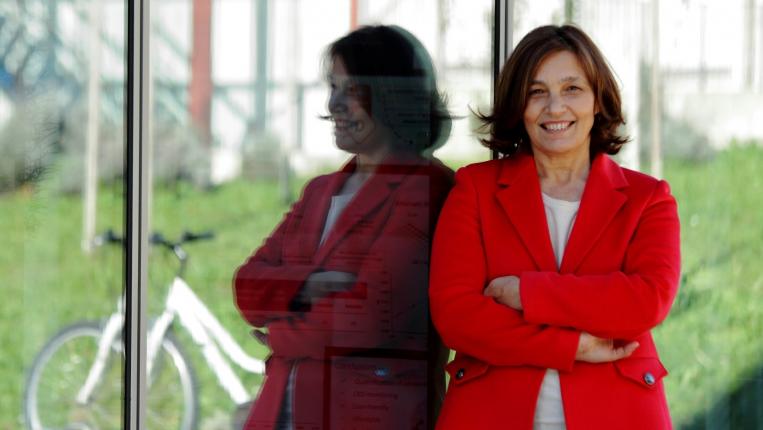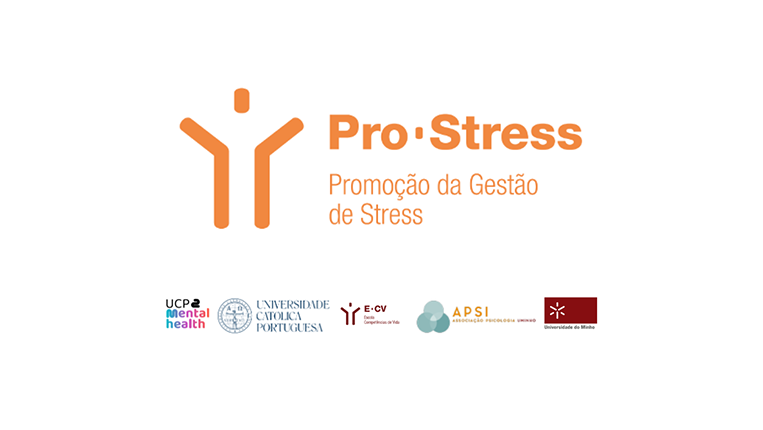Ten researchers from the Universidade Católica Portuguesa (UCP) are among the world's top most cited scientists in 2023, according to the ‘World's Top 2% Scientists 2023’ ranking, drawn up by Stanford University (USA) in collaboration with the Elsevier publishing group.
The Centre for Biotechnology and Fine Chemistry (CBQF) includes researchers Célia Manaia (Microbiology), João C. Fernandes (General and Internal Medicine), Marta W. Vasconcelos (Plant Biology and Botany), as well as Manuela Pintado and Paula Teixeira (Food Science).
In the area of Nutrition and Dietetics is researcher Paula Ravasco, from the Center for Interdisciplinary Research in Health (CIIS) of the Faculty of Health Sciences and Nursing.
In the areas of Economics and Management, researchers Filipe Santos, Ilídio Barreto and René Bohnsack, from CUBE at Católica Lisbon - School of Business and Economics, as well as Arménio Rego, from the Research Centre in Management and Economics (CEGE) at Católica Porto Business School, stand out.
It should be noted that this ranking also highlights six researchers for the impact they have had on science throughout their careers: Paula Ravasco (CIIS), Célia Manaia (CBQF), Paula Teixeira (CBQF), Manuela Pintado (CBQF), João Fernandes (CBQF), Paula Castro (CBQF, Environmental Sciences).
‘This result is international recognition of the high quality of the Universidade Católica Portuguesa's scientific output and the excellence of our researchers, who contribute to the advancement of science in their respective fields’, says Isabel Capeloa Gil, UCP's President.
The ‘World's Top 2% Scientists List’ includes more than 100,000 scientists from all over the world, from 22 areas and 174 sub-areas. This document lists the researchers whose published work has most contributed to progress in their respective fields and who have most influenced the scientific output of other researchers. The study can be consulted here.




